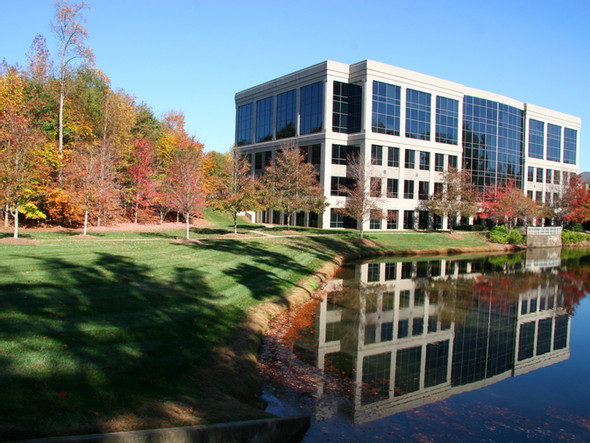As the owner of a company, one of the difficult decisions you will make is whether to lease or buy the space that your company needs. Ownership of the space your company occupies is always an important consideration, but sometimes owning is not always the wisest decision, especially if your business is experiencing change.
Here’s some key points to consider when determining whether you should lease or buy the space your company occupies.
(1) Important considerations when purchasing commercial space:Does your company have the cash to meet the lender’s equity requirement? Most lenders require a minimum of 25% down to purchase a building. If you don’t have the cash to meet the equity requirement, then leasing may be your best option. Even if you do have the cash, can it be better spent investing it in the operation rather than tying it up in real estate. If you can produce returns in excess of 20%, your best bet may be to invest it in the business rather than tying it up in the real estate.
(2) Do you, or someone in your company, have the time to manage the asset? Property management and maintenance of a physical facility requires time and attention, especially if you decide to acquire a property that provides additional space for future growth. Then the question becomes, “How do I maximize the return on the additional space I have acquired?” That may require hiring a leasing agent to find tenants for the space. Tenants require assistance from the landlord. If you have time to manage the physical asset, then purchasing may be a viable option.
(3) Is your company stable, growing or declining? Just like neighborhoods, businesses are not stagnant entities. Some businesses experience rapid growth, others find their businesses to be stable and some even experience decline. If you own a stable business, one that has average long-term growth potential, then purchasing the physical asset may be right for you. On the other hand, if you find your business is experiencing either dramatic growth or constant decline, then purchasing may not be the best choice.
(4) Is location an important consideration for your business? Some businesses find that the physical location is very important to the success of their company while others may find that location is not a factor in the decision to purchase. Often, it’s difficult to find a prime location that has not already been built out. When that occurs, purchasing may not be possible.
Obviously, the flip side to owning the space your company occupies is to lease. Leasing has many advantages to owning if the following circumstances exist. (1) You don’t have the cash to acquire the facility or the cash you have is better spent in the operation of the company; (2) You don’t have any desire to be a landlord and manage tenant demands; (3) Your business is either declining or growing so rapidly that purchasing the space you need to fuel your growth is not feasible; and (4) Your business thrives in a location that is impossible to purchase.
There are also some other important things to consider, like the tax benefits of owning versus leasing. If you own, you can deduct the interest you pay on the mortgage, but it is less compelling when you can write off the entire lease payment as an operating expense. However, owning does provide the benefit of depreciating the physical asset over its useful life. It also provides the added benefit of owning real estate which can give you not only more certainty but also an appreciating asset.
Sometimes landlords can be ruthless, especially if they think you have no other choice than to lease from them. If you want to avoid frequent relocations, sometimes owning is the best option. Regardless of the decision you make to own or to lease the physical space your company occupies, it’s always a good idea to find a real estate professional that understands your needs and can negotiate the best terms regardless of which way you decide to go. A good real estate professional is worth their weight in gold!





